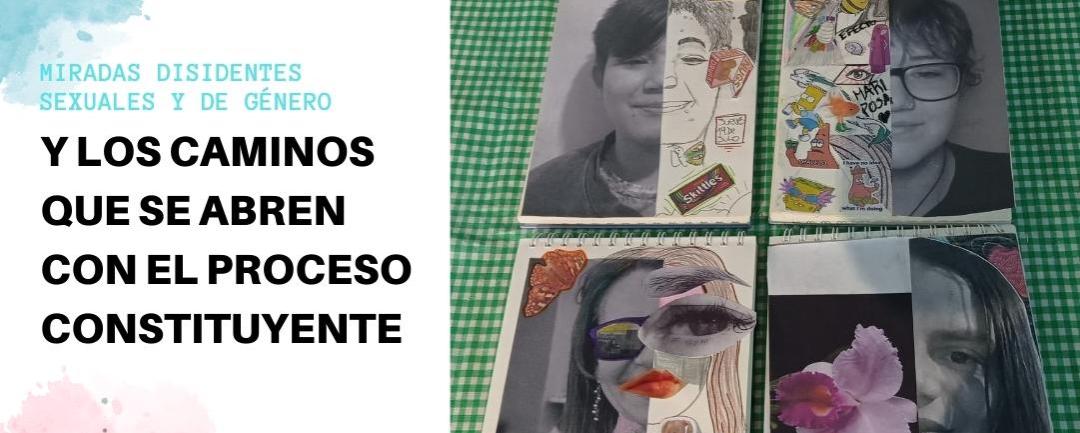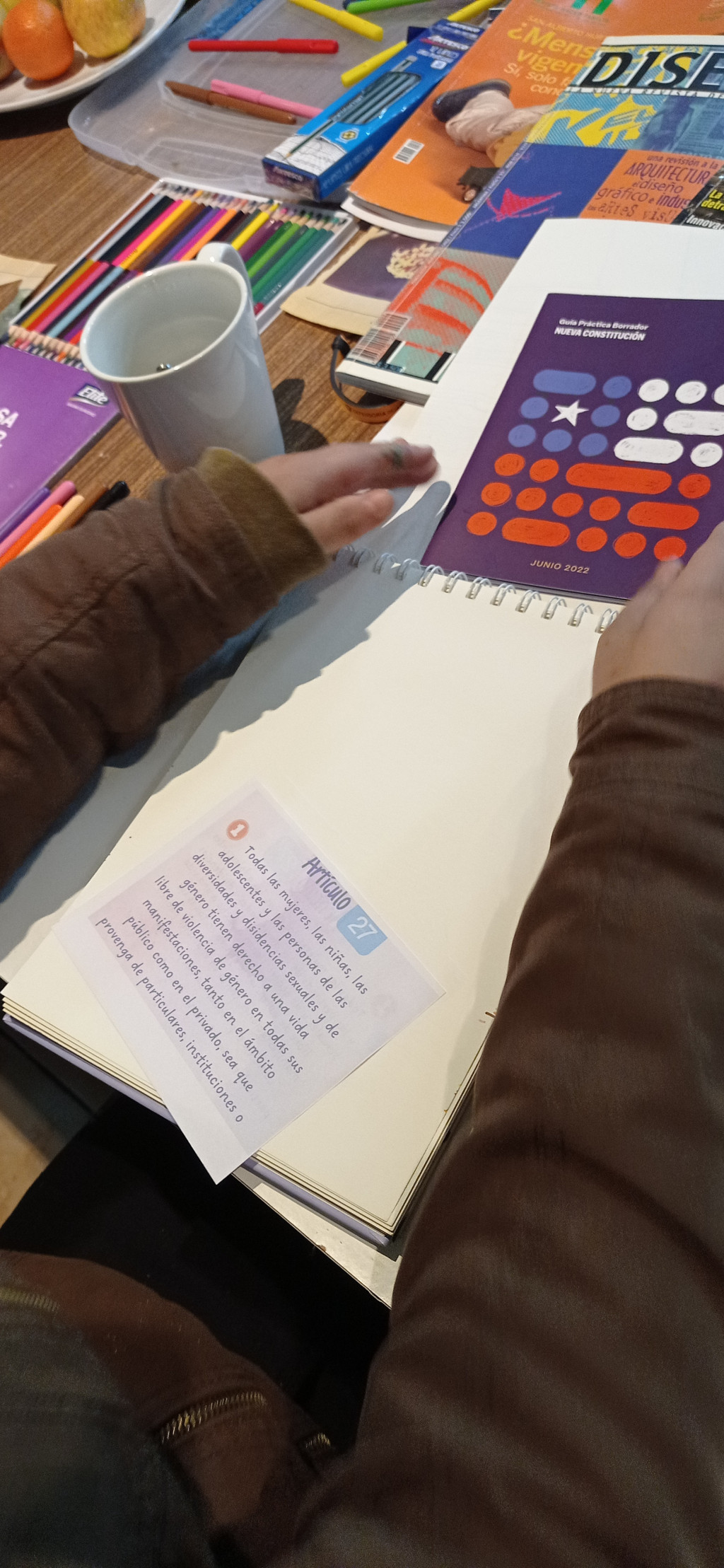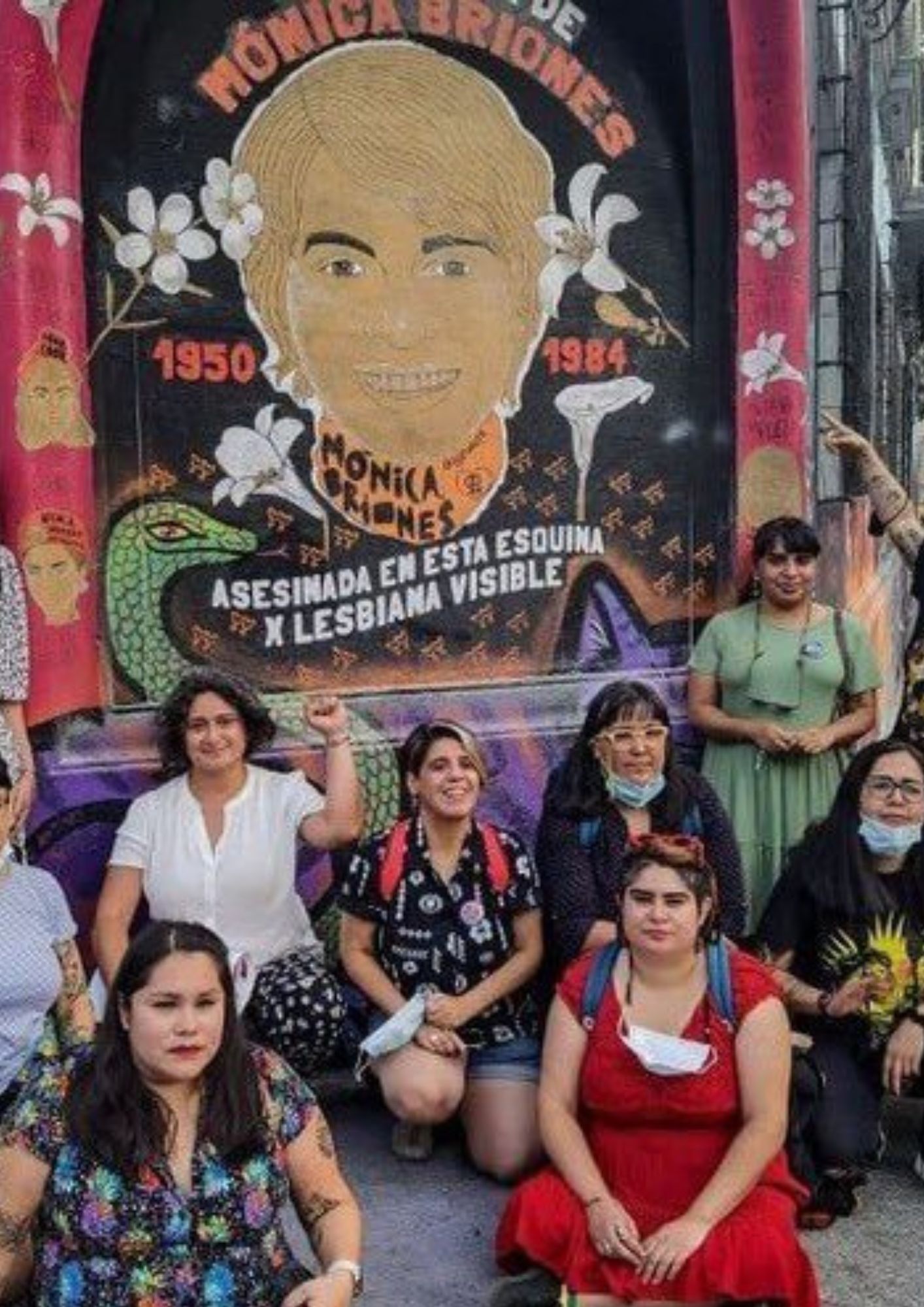
Currently in Chile there is no official registry, nor is there a cross-checking of data that even allows for estimated numbers of crimes and cases of violence against sexual and gender dissidents. In this scenario, it is the organizations that have focused on counting them, making them visible and demanding justice so that they do not go unpunished, on the one hand, and so that they are not repeated, on the other.
Despite these efforts, so far in 2022, crimes and cases of violence have shaken communities and the entire country , contributing to the feeling that there has been a significant increase. On August 3, the murder of Ignacia Palma, a 26-year-old trans woman, highlighted -once again- the urgent need to continue activism in the territories and above all to generate structural changes that put an end to this type of of violence.
The alert of the communities occurs in a context marked by the constituent process. The plebiscite on September 4, where the options of approving or rejecting the proposal for a new Constitution are at stake, has involved unprecedented political discussion processes in post-dictatorial democracy.
“Our communities need direct and immediate action to be able to face these outbreaks of violence that go hand in hand with the advance of fundamentalisms, of the conservative ultra-right, which has encouraged the resurgence of neo-Nazi groups, which establish arbitrary differences as to which are" the bodies useful”, what is the type of family that should be prioritized, and everything above our freedoms, sexual and reproductive rights and our dignity”, explains Nicole Rojas, coordinator of the Agrupación Lébica Rompiendo el Silencio.
For its part, the Collective and Support Network for Sexual and Corporal Dissidents Province of Petorca “De Mar a Cordillera”, DSYC Petorca, affirm: «If the new Constitution is approved, it would be a historic milestone for our dissident realities, because it is the first document that makes us visible as guarantors of rights, which would lay the foundations for the development of our lives to be from more loving places to that of deprivation, precariousness and violence that are part of our realities in the present more in sacrifice zones”.
Along the same lines, there are three aspects that are central with regard to sexual and gender dissidence and the new Constitution: participation, recognition and the possibility of real transformations.

Broad, participatory and everyone democracies
The constituent process has been established as a space for participation where, for the first time, the communities have taken part directly, broadly and from the territories, in the discussion of norms with a political and structural scope, beyond the specific demands of the communities.
In response to this, the organizations are working on information campaigns, forums, conversations and dissemination through social networks highlighting the rights of the community, education, comprehensive health, childhood and environmental rights, among others. They have also focused on reporting on the contributions of the new Constitution and establishing comparative plans with the current one. In this way they are promoting participation, motivating the LGBTIQ+ community and everyone to get informed and be an active part of this historic process.
"We empower children to be the agents of change and those who manage themselves by generating new activism," says Rossana Grubsic, director of Fundación Akáinix.
With this vision, Akáinix has worked to inform its community about the articles of the new Constitution that have to do with the rights of children and sexual dissidence, particularly trans children. For this they have developed conversations and disseminated graphic and informative materials. His bet has to do with informing the children and adolescents themselves, so that they are the ones who can open discussions about human rights with their families, in their schools and neighborhoods.
In the coming weeks they will take this activism to more locations in the territory, such as Puerto Natales and the island of Tierra del Fuego, Porvenir. «We need more rights for children because if not, work and life will be super difficult for us. In addition, we are especially interested in children being and feeling part of this historical process that their country is going through”, adds Rossana.
Recognition and the right to be who each one is
Another central aspect is that the proposal for a new Constitution gives them recognition, since for the first time they appear explicitly named. «This new Constitution written in a parity manner and that we promote, defend and disseminate, seems fundamental to us because it includes articles for a life free of violence. It is the first recognition that exists on the part of the State towards this community. It is a historical debt with our communities”, says Nicole Rojas.

«Today trans children do not have recognition and the new Constitution is an opportunity for them to have it. The Gender Identity Law allows the change of name and registered sex from the age of 14, which means for children to go through a super tough process through a family court. Recognizing the identity of children and youth means recognizing the possibility of "being", something that today they have to scratch and dig to have. And where they only have organizations”, explains Rossana.
In Chile, trans children and children do not have their fundamental right to identity recognized, leaving them unprotected in accordance with the Convention on the Rights of the Child. In the first Survey on Sexual and Reproductive Rights in Trans Adolescence carried out by Todo Mejora, 370 trans adolescents between the ages of 13 and 17 participated. 44% expressed that they had no one to talk to about their transition process, and 66% indicated that the sexual education content seen at their school had nothing to do with their own experiences.
Constitutional rank as a guarantee of rights
Finally, the category of constitutional rank would allow the entire legal and judicial system of the country to implement laws, regulations, and public policies that are effectively carried out, sustained, and financed.
«We envision the constitution proposal before our LGBTIQANB+ community at the local, provincial and regional level, being a protection of human rights for all, all and all, there being institutional support for dissidents and rural Diversities from our right to identity, ESI, gender violence or how parity democracy for the representation of our Diversities pansexual, lesbian, bisexual, Feminist, transgender women within the public and state sphere”, they explain from DSYC Petorca.
In recent years, organizations and activists have made significant progress in legal matters such as the Equal Marriage Law, the Gender Identity Law and the Non-Discrimination Law, which came into effect 10 years ago, after the hate crime that ended the life of Daniel Zamudio. Although the law meant an important step in that it protects the rights of people in cases of arbitrary discrimination, its punitive and non-preventive emphasis has not meant, in practice, a certain decrease in cases of violence, particularly exercised against dissidents. sexual and gender.
From this perspective, the constitutional consecration of the recognition of sexual and gender dissidence could imply a mandate for the effective enforcement of laws and other regulatory procedures relevant to communities, now and in the future.






